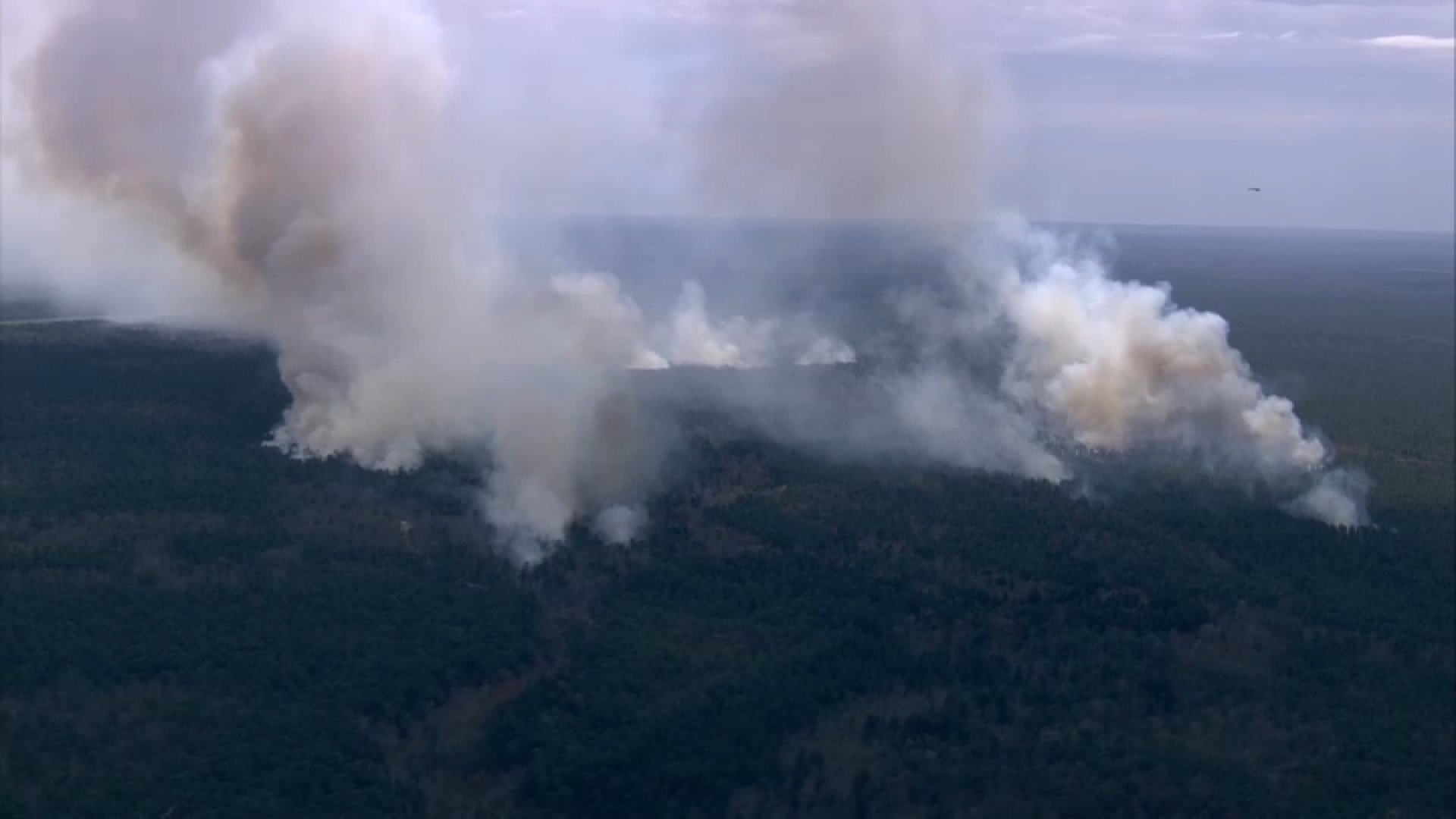On Monday, protesters will converge near the New York Stock Exchange to celebrate the anniversary of the Occupy Wall Street movement, marking the day they began camping out in Zuccotti Park. Marches and rallies in more than 30 cities around the world will commemorate the day.
About 300 people observing the anniversary marched Saturday. At least a dozen were arrested, mostly on charges of disorderly conduct, police said.
But the movement is now a shadow of its mighty infancy, when a group of young people harnessed the power of a disillusioned nation and took to the streets chanting about corporate greed and inequality.
Back then it was a rallying cry, a force to be reckoned with. But as the encampments were broken up and protesters lost a gathering place, Occupy in turn lost its ability to organize.
The movement had grown too large too quickly. Without leaders or specific demands, what started as a protest against income inequality turned into an amorphous protest against everything wrong with the world.
"We were there to occupy Wall Street," Dutro says. "Not to talk about every social ill that we have."
The community that took shape in Zuccotti Park still exists, albeit in a far less cohesive form.Occupiers mostly keep in touch online through a smattering of websites and social networks. There are occasional conference calls and Occupy-affiliated newsletters. Meetings are generally only convened to organize around specific events, like the much-hyped May Day event that ultimately fizzled last spring.
Local
The movement's remaining $85,000 in assets were frozen, though fundraising continues.
"The meetings kind of collapsed under their own weight," explains Marisa Holmes, a 26-year-old protester among the core organizers who helped Occupy rise up last fall. "They became overly concerned with financial decisions. They became bureaucratic."
Occupy organizers in other U.S. cities have also scattered to the winds in recent months. In Oakland, a metal fence surrounds the City Hall lawn that was the hub of protesters' infamous tear-gassed, riotous clashes with police. The encampment is gone, as are the thousands who ventured west to help repeatedly shut down one of the nation's largest ports.
"I don't think Occupy itself has an enormous future," says Dr. Mark Naison, a professor at Fordham University in New York City. "I think that movements energized by Occupy have an enormous future."
Across the nation, there have been protests organized in the name of ending foreclosure, racial inequality, stop and frisk, debt: You name it, Occupy has claimed it. Occupy the Bronx.Occupy the Department of Education. Occupy the Hood. Occupy the Hamptons.
In New York, groups of friends who call themselves "affinity groups" still gather at each other's apartments for dinner to talk about the future of Occupy. A few weeks ago, about 50Occupiers gathered in a basement near Union Square to plan the anniversary.
There were the usual flare-ups, with people speaking out of order and heckling the moderators. The group could not agree on whether to allow a journalist to take photographs. An older man hijacked the meeting for nearly 15 minutes with a long-winded rant about the NYPD's stop-and-frisk tactics.
A document called "The Community Agreement of Occupy Wall Street" was distributed that, among other outdated encampment-era rules, exhorted Occupiers not to touch each other's personal belongings and laid out rules about sleeping arrangements.
It is this sort of inward-facing thinking — the focus on Occupiers, not the world they're trying to remake — that saddens ex-protesters like Dutro, who wanted to stay focused on taking down Wall Street.
Hanging in the entryway to his Brooklyn apartment, like a relic of the past, is the first poster he ever brought down to Zuccotti Park. In black and gold lettering, painted on a piece of cardboard, the sign says: "Nobody got rich on their own. Wall St. thinks U-R-A-SUCKER."
He keeps it there as a reminder of what Occupy is really fighting for. Because despite his many frustrations, Dutro hasn't been able to stamp the Occupy anger out of his soul. Not yet.
On Sept. 17, he'll be down at Liberty Square again. And he'll be waiting, like the rest of the world, to see what happens next.
"We came into the park and had this really magical experience," he says. "It was a big conversation. It was where we all got to realize: 'I'm not alone.'"



